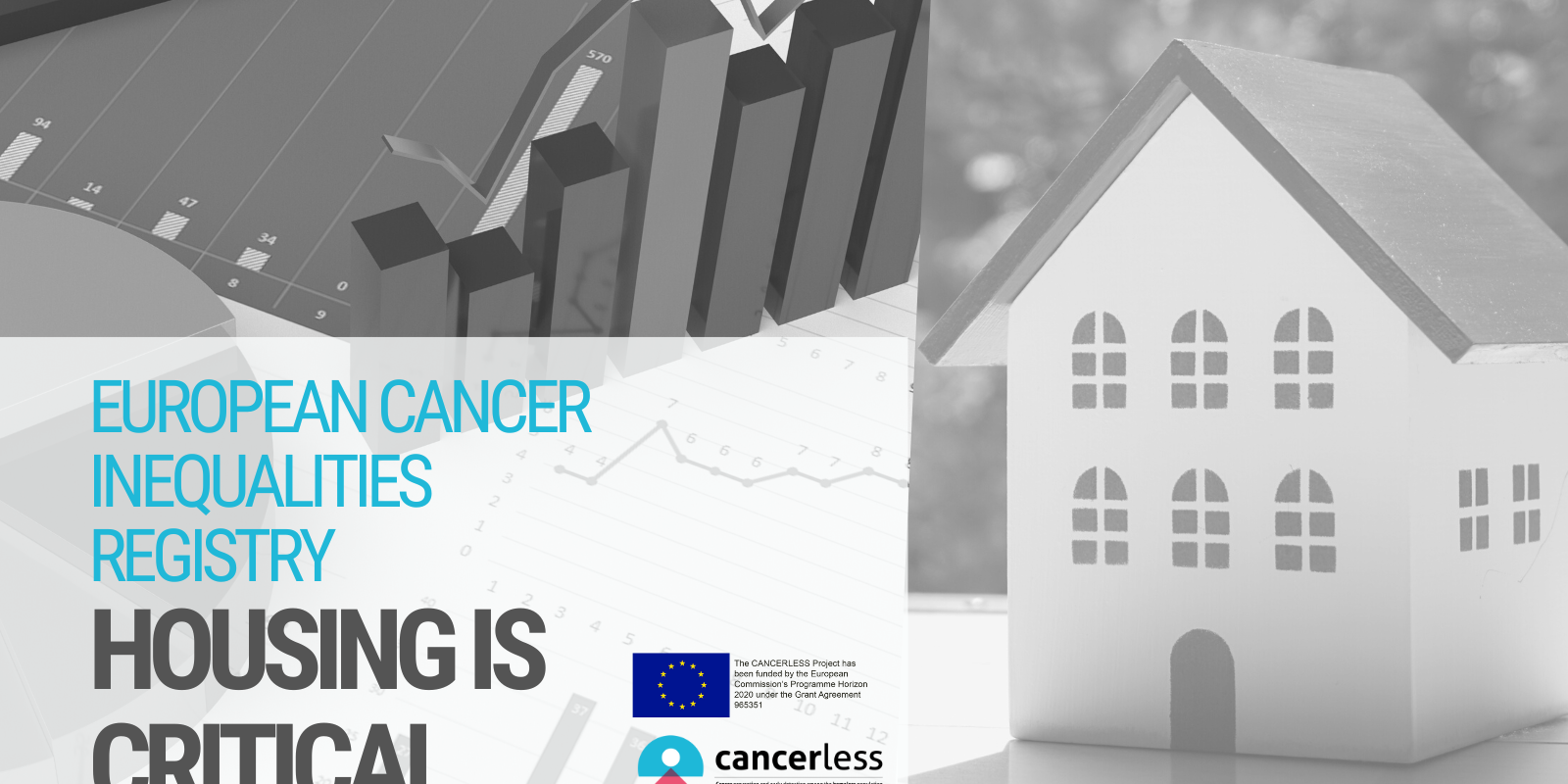A flagship initiative of Europe’s Beating Cancer Plan
The European Cancer Inequalities Registry offers up-to-day information on cancer prevention and treatment to discover differences, inequalities and disparities between Member States and regions.
The European Cancer Inequalities Registry has been launched to monitor progress made in the fight against cancer across the EU. This repository and observatory provides us with an invaluable and unprecedented level of insight into the inequalities in cancer rates among different regions and countries in the EU, helping to identify where action may be needed regarding cancer disparities.
The European Cancer Inequalities Registry shows data at the national level, facilitating the comparison of national scenarios, and obtaining key data from the OECD.
Factsheets and country cancer profiles
Factsheets are a comprehensive overview of the inequalities in cancer treatments across the EU and will help to inform policy decisions aimed at reducing these inequalities. For instance, risk factors and prevention policies, early detection, cancer care performance or age-standardised cancer incidence and gender variables, among other important data. Factsheets are available in English as well as translated into the language of each country.
The data tool allows analysing by inequality dimension (e.g., country, sex andeducation among others.), data variable (some examples are mortality, smoking andbreast examination), cancer site and year, covering the period from 2011 to 2019.
By monitoring the progress of cancer treatments and outcomes across the EU, the European Cancer Inequalities Registry will provide a unique insight into the differences in healthcare provision and access to treatments between different regions and countries.
However, while the new register is an important step in the fight against cancer in the EU, it is important to stress that it will only provide limited insight into the inequalities faced by those who live at the margins of the system. It is vital that policies designed to reduce cancer inequalities consider the needs of excluded populations, such as people experiencing homelessness. When designing access requirements, policy makers need to ensure that these are culturally tailored and community relevant and meaningful.
There is increasing evidence stressing the relationship between experiencing homelessness and cancer mortality due to lack of access to healthcare specifically to preventive and screening services. Due to this situation, advanced stages of cancer are found among this population when diagnosed, preventing them in having timely and high-quality treatment and care access.
‘Housing’ as a social determinant of health must be included as an indicator when analysing inequalities in cancer treatment and prevention. Living situations have a great impact on people’s health, including in the access they get to cancer care. This will also contribute to achieving the European objective number 1 in the fight against cancer, namely ‘Everyone in the European Union should get the cancer treatment they need’.

